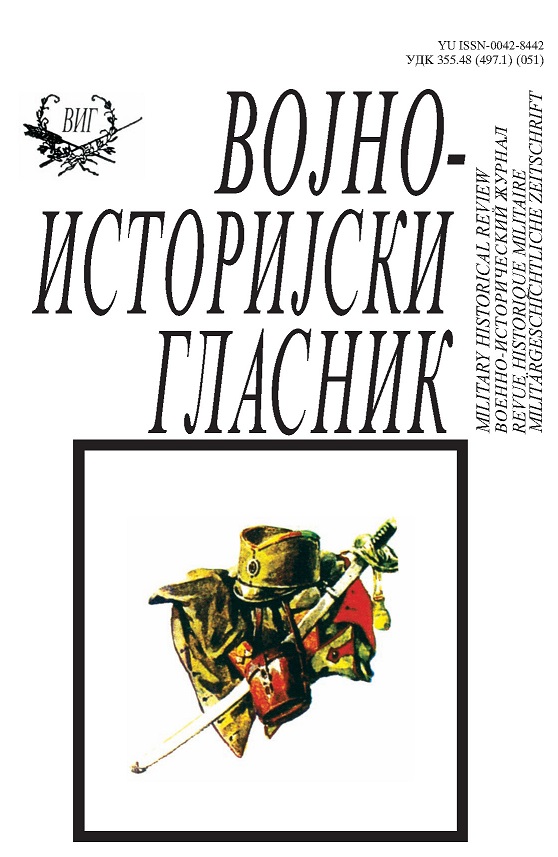Суд части руске армије у избеглиштву (1920–1924)
Court of Honor of Russian Army in Exile (1920–1924)
Author(s): Saša D. StanojevićSubject(s): History of Law, Military history, Political history, Politics and law, Interwar Period (1920 - 1939)
Published by: Institut za strategijska istraživanja
Keywords: Court of Honor; Russian Army; Russian Military Emigration; Vrangel; exile; 1920-1940;
Summary/Abstract: Rich and not published before documentary archive kept in central archives of Federal Security Service and Federal Intelligence Service of Russian Federation (partly in other archive as well), presented in several volumes edition Russian Army Immigration from 1920 to 1940. Documents and materials, offers a variety of precious sources for analyses of historical route of Russian army immigration. Our paper deals with activities of Court of Honor in Russian (Crimean) army which was under the command of Baron Petar Nikolayevich Vrangel. Chronological framework of the paper refers to the period of final evacuation of the army from the Crimean peninsula from autumn 1920 to 1924 when the army disintegration took place. Battle in the battle-field was soon replaced by a battle for overcoming numerous problems in order to keep and consolidate exhausted and disoriented army. Efforts to organize every day life of its army in exile in the best manner forced the commander-in-chief to carry out military-legal regulations. Court of Honor was used as an additional mechanism in order to control discipline, order and law in the army which found itself in a dramatic situation with highly uncertain future. Important acts concerning organization of this court in the stated period are two regulations; Regulation of general Vrangel about widening court functions (September 1921) and Regulation on Russian Courts of honor (April 1923). On the basis of the analysis of one part of the published list of persons processed from 1920-1924 it can be concluded that most offences concern deserting, collaboration with Soviet Union authorities, various examples of military breach of discipline. The most frequent sanctions were either removing from the army or temporary reducing to lower ranks.
Journal: Vojnoistorijski glasnik
- Issue Year: 2014
- Issue No: 2
- Page Range: 187-201
- Page Count: 15
- Language: Serbian

